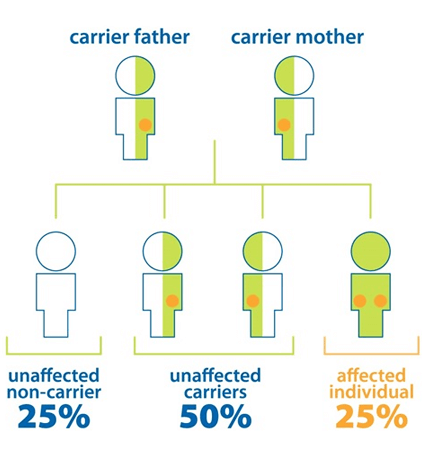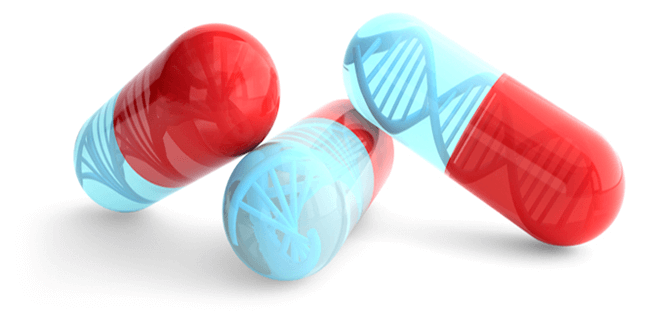Personalized Medicine.
Unique to your DNA.
Advanced Genetic Solutions offers a comprehensive suite of genetic tests, allowing providers to personalize treatment plans.
Buy Now
A DNA test for medication
You inherit thousands of genes from your parents. Some genes determine characteristics such as your eye color, whereas other genes are responsible for how your body processes medications.
Pharmacogenomic testing is the analysis of how a person’s genes affect their response to different medications. This new field allows health care providers to combine genomics and pharmacology to develop safe and effective medication dosages that are specific to an individual's DNA.
This medical DNA testing practically eliminates the possibility of adverse drug reactions, eliminating the trial-and-error approach to selecting an effective medication and decreasing the risk of life-threatening side effects.

The purpose of pharmacogenomic testing is to find out if a medication is right for you.
A small blood or saliva sample can help determine:



The laboratory looks for changes or variants in one or more genes that can affect your response to certain medications.
Pharmacogenomic testing helps empower your doctor with the exact information needed to prescribe you the best medication for your unique body.
Biologic enzymes found in our liver act upon certain target substrates and then trigger a metabolic chain reaction. This data can then be used to help physicians avoid drugs that would be inefficiently metabolized and guide them towards drugs that use more robust metabolic pathways.
By isolating and examining the regions of a patient’s DNA that code for the enzymes of interest, we can provide answer to the following questions:
Patients have differences in DNA that impact drug metabolism that may increase their likelihood of an adverse drug reaction:

More than 85% of the population have detectable variations in their DNA that increase their risk for adverse drug reactions.

Adverse drug reactions are the 4th leading cause of death nationwide with more than 8.6 million cases reported annually.

The FDA highlights pharmacogenomics data for more than 130 prescription medications, indicating their strong support for testing.
Advanced Genetic Solutions advises pharmacogenomics testing for patients that meet one or more of the following conditions:

Patients that experience less than optimal results from prescribed medications.

Patients with a personal or family history of adverse drug reactions in response to certain medications.

Polypharmacy patients; those taking multiple prescription medications for multiple chronic conditions.
Understanding a patient’s genetic background allows a physician to predict how a prescribed drug will relate with that patient, giving the clinician insight into not only clinical efficacy, but also potential undesired drug reactions. Additional benefits include:

More than 85% of the population have detectable variations in their DNA that increase their risk for adverse drug reactions.

Adverse drug reactions are the 4th leading cause of death nationwide with more than 8.6 million cases reported annually.

The FDA highlights pharmacogenomics data for more than 130 prescription medications, indicating their strong support for testing.
